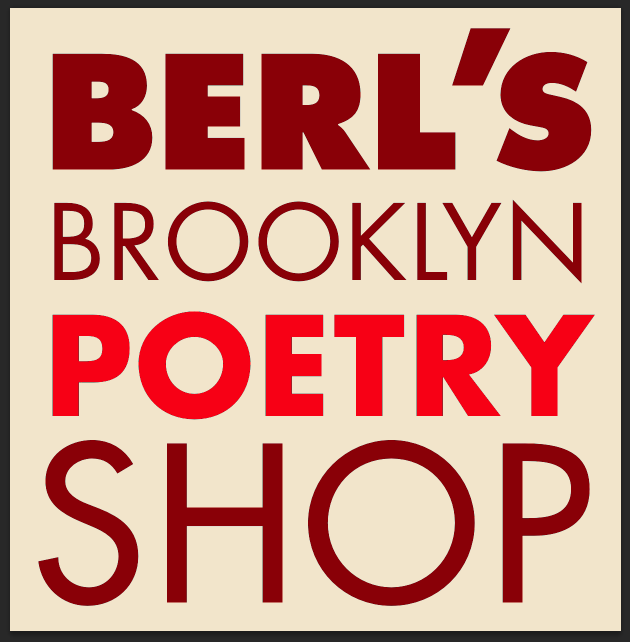Anne Shaw, Joseph Fasano and Sarah V. Schweig
introductory notes by Jared:
Tonight we have three poets virtuosos of the indented line. a poetic cross stich that suggests meandering thought, magic, incantation, artifice: gravity and the deformations it produces the way the moon causes the tides. The accompaniment of tonight’s reading might be viola: dark, poised, more weighty than the violin. A viola concerto then: these are poets whose work is clean, immaculate even, locating emotional power in discretion, as if the poem were a threnody for the words left unsaid.
The vocabulary and even the punctuation (lots of colons, m-dashes, commas) in Anne Shaw’s poems have a gilded, baroque quality, a careful, worked-over beauty that becomes even more intense when describing ugly and painful things.
How to carry. Heave
and heave. How to stitch the breath.
Where wallets and torn flip-flops clot the beach
as each day’s crushed trucks wash in on the tide.
Shoeleather burns on the trash-heap
and another acrid smell
of diesel fuel and rubber, sour fruit…”
Anne’s poems luxuriate in flowing sentences and then suddenly pivot into stutters, sentence fragments like the word “Barnacled” all by itself, or shifting into italics. Yet there’s always an italicized quality to her work, and Shaw’s poems make me wonder what would happen if you could italicize words that were already in italics.
Joseph Fasano’s poems pose questions and then answer them. His poems remind me of someone laying out a series of still, black-and-white images one by one and placing them on the table. This photographic quality is doubly evocative of rituals. The offering of the photographs (or images) deployed one by one is ritualistic, in that its persistent quality could be taken as serene or relentless, inexorable. Then, there is also what is depicted in them and the way photography, or poetry – sentences, couplets, etc. --, aestheticizes what it has captured and makes something that has vanished into a ghost, a trace, a totem. Haunted by tutelary gods, Joseph's poems take on the voices of ghosts that reside in bodies and objects, which gives his work a feeling of gravity and purpose.
A poem online:
“Moon-
stone, strong-
box, psalter”
Sarah Schweig’s poems give the feeling of disclosing a secret while at the same time remaining private give her poems a coiled quality, caught in the tension between “telling you everything and holding back. Her chapbook for instance offers a titular central character “S.” who shares the initial two times with Sarah herself but remains like a character in a roman-a-clef disguised by an abbreviation. S moves through recognizable spaces but also becomes a cypher:
“The sign for infinity seems an 8
tipped over, or two S’s
intertwined, figures on their sides.”
I am reminded me of when the movie shoot took place in Berl’s and, filming a book party scene, inexplicably kept filling the room with fog from a fog machine in order to achieve a certain cinematographic effect. “It won’t look like fog in the film,” a crew member told me. Sarah’s poems are like this: pellucid, fragmentary, lyrical, dreamlike even when not describing actual dreamstates, so that the quotidian and the real spaces of the city feel fogged with a sense of irreality, like the fog that is giving an aura to the images even if it is not directly visible




